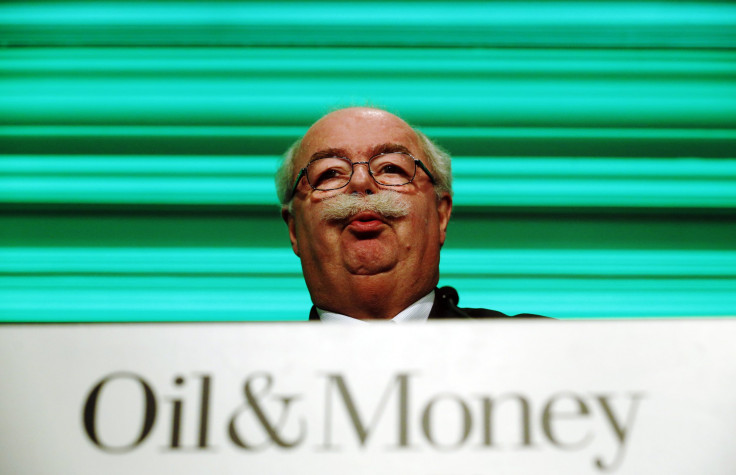Davos 2014:Total (TOT) CEO Urges Obama To Approve Keystone XL Pipeline

The head of one of the biggest energy companies in Europe urged the United States to approve the Keystone XL pipeline Thursday.
Christophe de Margerie, chief executive officer of France’s Total SA (NYSE:TOT), told reporters at the World Economic Forum in Davos, Switzerland, that the “pipeline has to be done,” adding that “it’s now up to the U.S. to make an effort,” as reported by Bloomberg.
Margerie's comments come as Canadian officials expressed frustration over the Obama administration’s delayed decision on approving the project. Keystone needs a presidential permit because it crosses the U.S.-Canada border, and so far President Barack Obama has delegated the State Department to review whether it is in the "national interest."
“The time for a decision on Keystone is now, even if it’s not the right one,” Foreign Minister John Baird said during his visit to Washington on Thursday. “We can’t continue in this state of limbo.”
Baird’s comment reflects Canadian Prime Minister Stephen Harper and his Conservative Party’s growing impatience over the project’s five-year delay.
“My view is that you don’t take no for an answer,” Harper said in one of his harshest comments about project opponents in October. “We haven’t had that [from the U.S.], but if we were to get that, that won’t be final. This won’t be final until it’s approved, and we will keep pushing forward.”
The $5.4 billion project, if approved, would bring crude oil from Canada and the Northern Plains south to refineries on the U.S. Gulf Coast.
Currently there is a glut of crude oil bottlenecked in Alberta, and many refineries in the U.S. Midwest and Canada are at capacity. In addition, a lack of transportation and infrastructure has made it difficult for Canada to get its crude out, which is why Keystone XL is an important project to Canada.
The pipeline is controversial because environmental groups say that extracting oil from the tar sands of Alberta is a more carbon-intensive process than conventional crude production. Proponents say the benefits of building the pipeline outweigh the environmental risks by reducing America's dependence on oil from hostile, unstable countries in the Middle East and elsewhere.
Back in October, at a panel discussion at the Council on Foreign Relations in New York on the “Future of Energy,” Margerie said the Keystone XL project should be viewed not only as an environmental or security issue but also in terms of “global politics.”
“I would take into account the fact that Canada needs it seriously, and that's part of the decision of the country, especially to know how to live with their neighbors,” Margerie said. “So, frankly … the impact for Canada is big.”
In other words, Margerie said Canada feels frustrated by how it is being treated by its “former best ally.”
© Copyright IBTimes 2025. All rights reserved.





















